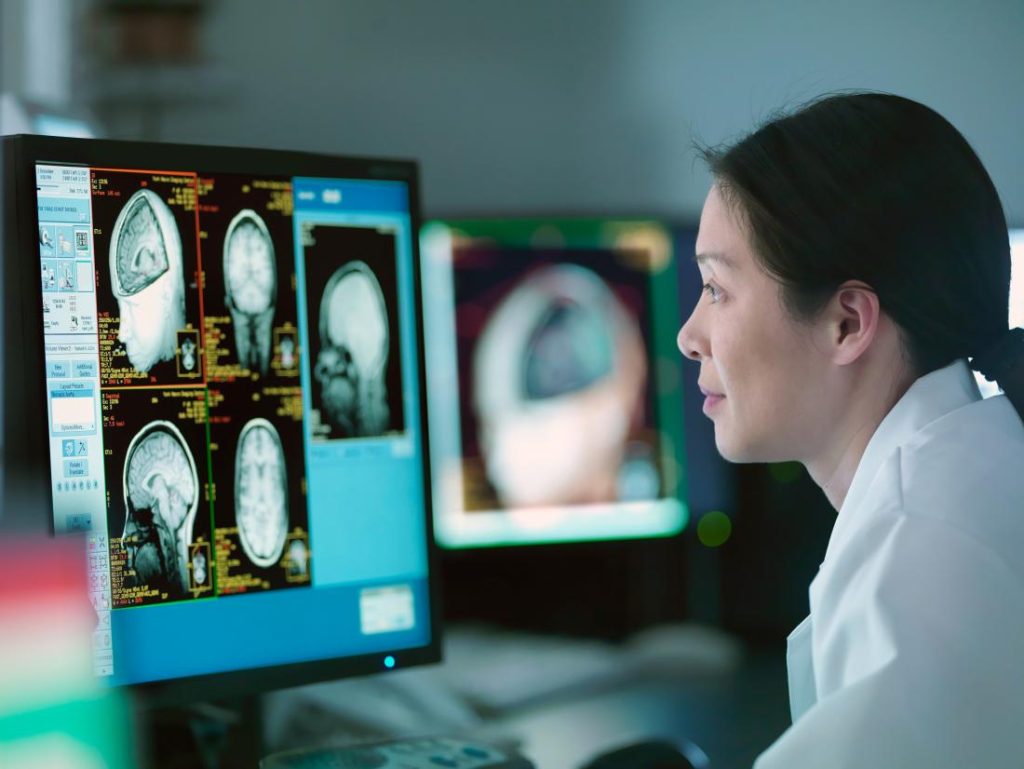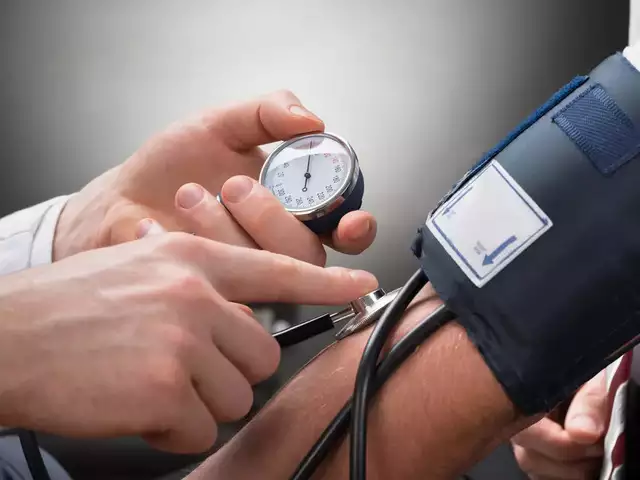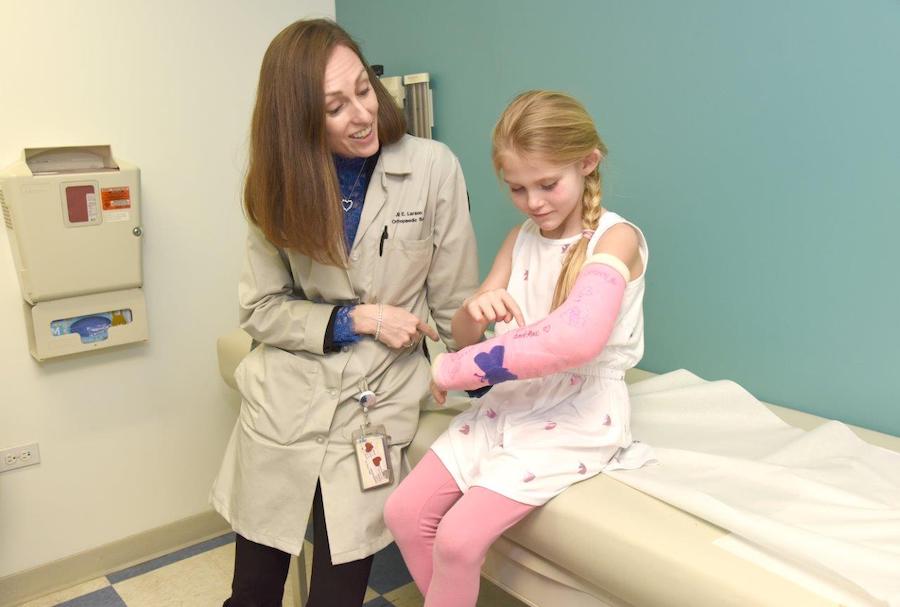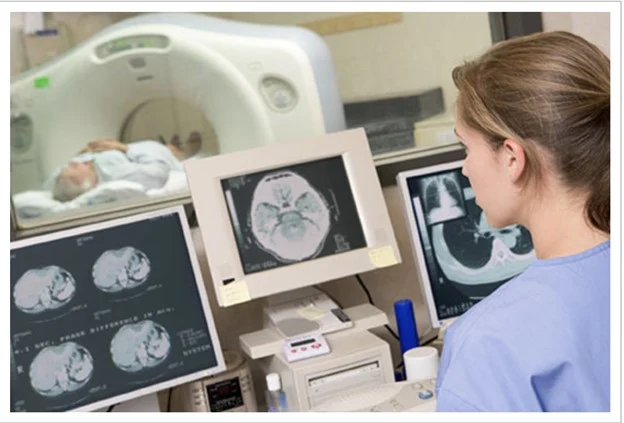
When we think of healthcare, the first image that comes to mind might be a board certified family nurse practitioner Falls Church, VA. These practitioners play a crucial role in primary care. But when it comes to complex neurological conditions such as Multiple Sclerosis, a different set of healthcare heroes often take the lead – the neurologists. Their role in diagnosing, managing, and treating this disease is monumental. This blog aims to shed light on the crucial role these neurologists play in combating Multiple Sclerosis.
What is Multiple Sclerosis?
Multiple Sclerosis – it’s a name we’ve all heard, but what is it exactly? It’s a chronic disease, causing the immune system to attack the protective cover of nerve fibers in your brain and spinal cord. This results in communication problems between your brain and the rest of your body. The symptoms can vary widely, but it can eventually cause the nerves to deteriorate or become permanently damaged.
The Role of Neurologists in Diagnosing Multiple Sclerosis
Here’s where neurologists come in. They are the detectives of the medical world. They scrutinize your medical history, conduct physical exams, and order a battery of tests – like MRIs, spinal fluid analyses, and …



